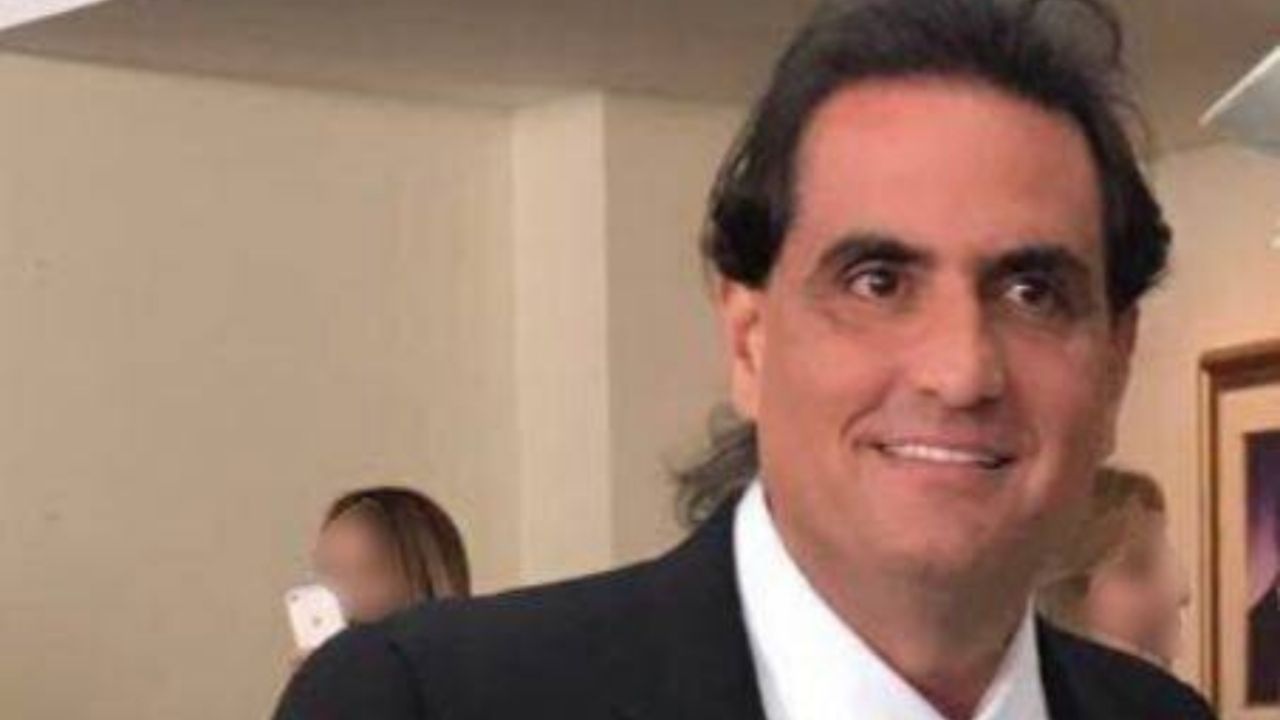
The decision of the president’s government Nicolas Maduro canceling its participation in the third round of negotiations with Venezuelan opposition groups underlined the importance it attaches to the businessman’s situation Alex Saab, extradited on Saturday Cape Verde to USA.
Saab was appointed member of the Venezuelan delegation to the talks, which were to be resumed yesterday in the Mexican capital, and that according to Pedro Urruchurtu, coordinator of International Affairs of the party Vente Venezuela, are an attempt to legitimize the regime of Mature.
Saab is a Colombian businessman arrested in June 2020, during a stopover in Cape Verde bound for Tehran, at the request of the United States, accused by Interpol and the US authorities of crimes ranging from money laundering, illicit enrichment, criminal conspiracy, participation in a drug trafficking network and fraudulent award of official contracts.
In December 2020, the Venezuelan government appointed Saab as plenipotentiary ambassador and Alternate Representative to the Organization of African Unity (OAU).
He appears today before a Miami court, while the Venezuelan government adopts alleged retaliatory measures, such as the revocation of the house arrest and imprisonment of six American businessmen in Caracas.
The suspension of the dialogue did not surprise Urruchurtu, in an interview with The Herald of Mexico He recalled that his party remained on the sidelines of the negotiations because there have been 14 dialogue processes with the regime in 20 years and 20 electoral processes, and “none have been decisive, they have rather served to give legitimacy to Maduro. And there it continues ”.
Vente Venezuela, headed by María Corina Machado, believes that the Mexican government is not neutral and is openly in favor of Maduro, in addition to the fact that according to Urruchurtu, the Venezuelan regime is the one who takes the reins and decides who participates and where the negotiation goes.
In addition, they do not participate in the discussions because – he warned – there is no way to enforce what comes out of these meetings – the Kingdom of Norway is involved as a mediator – but in the end “the big question is how to reach agreements that are enforceable, when there is no real threat to Maduro that could make him give in. ”
Regarding the opposition negotiators, the so-called G4 (Democratic Action (AD), Primero Justicia (PJ), Voluntad Popular (VP) and Un Nuevo Tiempo), Urruchurtu said that they do not represent all the parties that do not agree with the regime .
In the particular case of the self-appointed interim president, Juan Guaidó, recognized by more than 60 countries, said that he sat down to negotiate “because he ended up cornered, his own mistakes made him feel that he had to attend Mexico or accept what the regime put on table”.
The representative of Vente Venezuela said that Guaidó’s interim mandate “made several mistakes, fundamentally not having separated the interests of the main opposition parties from the higher cause that was to achieve real change.”
The politician stressed that the opposition is divided, clarifying that rather than being polarized, “there are two great visions, one that believes that it is possible to collaborate and coexist with Maduro because he cannot be defeated in any other way.
“And one that rather seeks to go forward, that there be more actions, pressure from the International Criminal Court, international sanctions, all that pressure policy in situ, so that this can lead to negotiations. Part of the problem today is that there are opposition actors who are not interested in a real policy change, “he said.
By José Carreño Figueras and Israel López Gutiérrez
CAR



